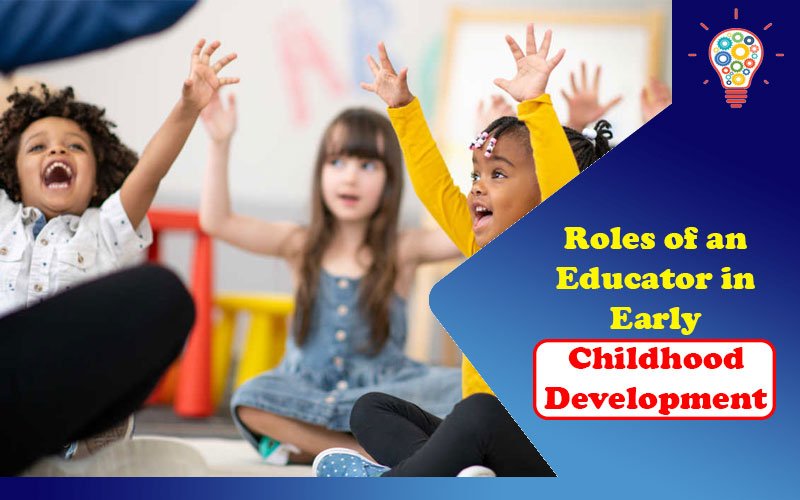For children, early childhood plays one of the most vital timeframes of their lives. According to developmental psychology, these are the years when children form their early personalities and learn many of their most critical basic skills.
With that in mind, it is easy to understand why so many parents want to find the best childcare in Victoria options there are. When it comes to your son or daughter’s early education, what kind of role can you expect from an educator? In truth, an educator has many roles in early childhood development.
Table of Contents
1. Communicator
Without a doubt, educators are communicators for young children. When children first begin speaking, early childcare educators are often the people they interact with most on a daily basis. As such, they play a vital role in the development of speech. From a child’s first words to the creation of full sections and conversational exchanges, educators are there every step of the way.
2. Coach
When children need encouragement, teachers are often an enormous source of support. In addition, young childhood educators also play a role in coaching children on relational skills like teamwork and getting along with classmates. Early childcare learning centres can offer children a safe and effective environment where they can make mistakes and try new things.
3. Facilitator
As someone who is constantly using multiple methods to help children learn, educators also play the role of knowledge facilitator. To facilitate an environment conducive for learning, teachers have to pinpoint childrens’ needs and match them with appropriate approaches. Then, they have to work in that knowledge with the daily activities that also consider the needs of all their other students.
4. Storyteller
Of course, what is a child’s educator if not a storyteller? Think back to your memories of your earliest teachers. Do you remember reading stories together? Many people do! Stories play a vital role childhood learning, and educators are often the source of them. Additionally, educators help children learn how to tell their own stories as well.
5. Model
To know what to do or how to act, young learners need someone who they can look up to. This is another role that educators can play when it comes to early childhood development. When teachers models kindness, respect and patience, it helps young children do the same. For stress management, this can be particularly helpful. Seeing educators respond to problems calmly helps young children learn to do the same.
6. Researcher
For educators to do their jobs, they have to constantly learn. From new teaching methods to individual student needs to different communication techniques, the learning never stops. In addition, many teachers go on to contribute substantial findings to the field of education. As such, educators make up a group of some of the busiest researchers in early childhood development.
7. Time Keeper
Somewhere between childhood and adulthood, time changes. With young children, time moves according to whatever the adults around them create. As the people responsible for managing the progression of each day’s activities, educators also serve as the ultimate time keepers. From the time to learn numbers to the time to learn words, then over to the time to eat- educators do that.
8. Friend
While children are different kinds of friends and undoubtedly need adult guidance, at the end of the day, educators play the role of one of the greatest friends to many young children. When young learners need to express their concerns, educators often act as the most trusted confidants. As someone who is there to offer listening and guidance, teachers can be a big source of friendship.
9. Inspiration
As some of the people who introduce children to their earliest learning moments, educators also have an important role to play as inspiration. Another role that can be easy to overlook, consider how many of your current passions started with the help of a former teacher. For many people, gifts like writing, painting, art and poetry all started with the nudge of an educator.
If you are looking for the perfect childcare centre for your son or daughter, this information can help you understand all of the many roles that educators can have in a young person’s early childhood development. As such, you can be better informed when looking out for centres with high-quality teaching approaches.
Read Also: How to Become an Early Childhood Educator


One thought on “9 Roles of an Educator in Early Childhood Development”